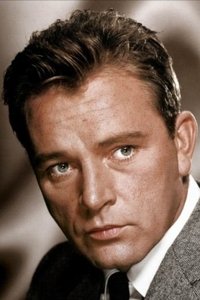Thursday's Children
Genres
Documentary
OverView
Won the Academy Award for the Best Documentary Short of 1954. The subject deals with the children at The Royal School for the Deaf in Margate, Kent. The hearing-handicapped children are shown painstakingly learning what words are through exercises and games, practicing lip-reading and finally speech. Richard Burton's calm and sometimes-poetic narration adds to the heartwarming cheerfulness and courage of the children. Preserved by the Academy Film Archive in partnership with British Film Institute in 2005.
Others
Budget
$--
Revenue
$--
Status
Released
Original Language
English
Runtime
21 mins
Rating
6.7/10
Release Date
01 May 1954
Country
United Kingdom

